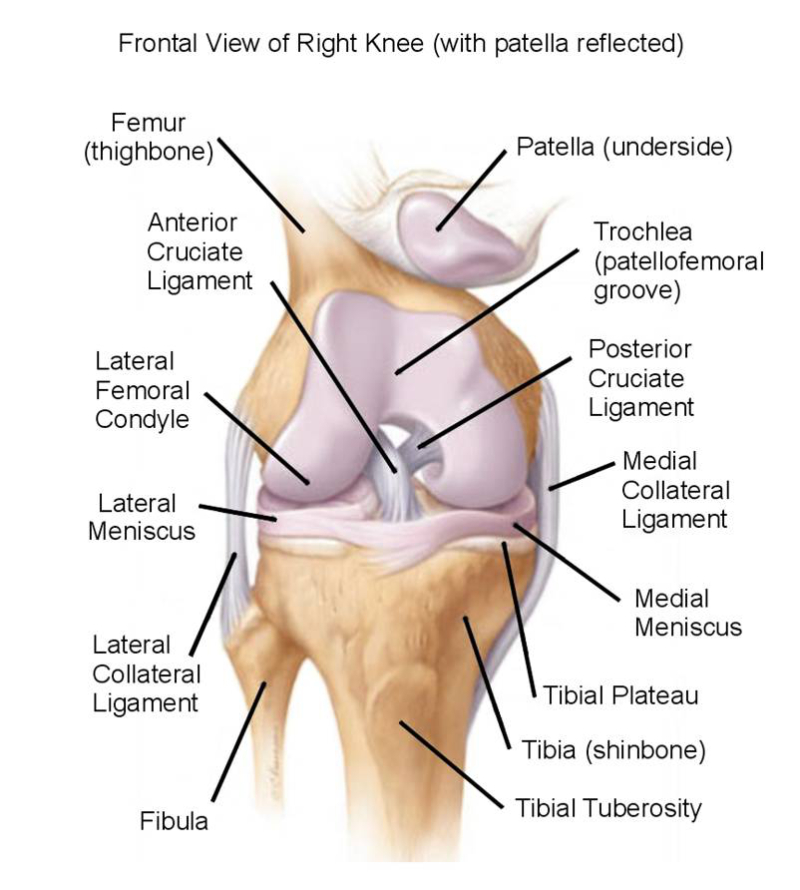MCL stands for Medial Collateral Ligament. It is a type of knee ligament positioned within the interior knee joint side. Its function is to connect the thigh bone of you to your shin bone. The MCL is responsible for your support and lets your knee bend inward.
There are times that you may hurt your knee, especially the MCL, in performing some hazardous activities. These are twisting, sudden change in the knee direction and bending. If you are an athlete, you are prone in having the MCL sprain when you are weaving, jumping, or skiing. Sprain is the word used to refer to an injury in the knee ligament. Such sprain is caused by an accident twisting of the knee or when it is badly hit by another knee of an opponent player during a game.
Types of MCL Sprains
- First degree sprain- few ligament fibers are damaged and still intact.
- Second degree sprain- more number of ligament fibers damaged but is still intact.
- Third degree sprain- it is the whole ligament rupture.
The MCL sprain is not just applicable for the cases of those people who play various sports, but it can also be experienced by a normal person if he will not be careful in his every movement. Joint twist and falls can trigger the occurrence of such sprain. The avalgus stress procedure is one way of determining if the MCL is damaged and needs medication. It is also important to keep in mind that this MCL sprain is usually obtained by a person during the acts of playing games, like the rugby, martial arts and soccer.
MCL Sprain Symptoms
- First degree- painful when the damaged part come in contact with anything, you are having a hard time in bending your knees such as when the time that you are about to stand up from a sitting chair, mild tenderness can be observed, no swelling at all, pain is felt in every bending motion, but there will be no joint sloppiness.
- Second degree- more pain is felt in bending the knees and touching the affected area, usual swelling in the knee joint, evident tenderness within the knee, in every knee movement and there is moderate joint laxity.
- Third degree- you will experience an unstable knee joint and cannot do things in the normal way, blood and fluid inflow in the joint due to the destruction of the knee capsule, significant laxity in the joint and complete ligament tear.
- Other general MCL sprain symptoms- are sudden aches, tenderness and swelling. The length of time right after your knee is injured is directly proportional to the pain that you are going to feel. In other words, as several hours pass by, you will feel an increasingly pain in the injured knee ligament. It will also be hard for you to move your knee. There will also be bruising in the sprained area.
If you are going to experience this unfavorable sprain, consult your doctor as soon as possible. To manage the swelling, apply a compression bandage and have a cold therapy. For protection and support, wear a brace in your knee and use the aid of buoyancy in pool activities.
